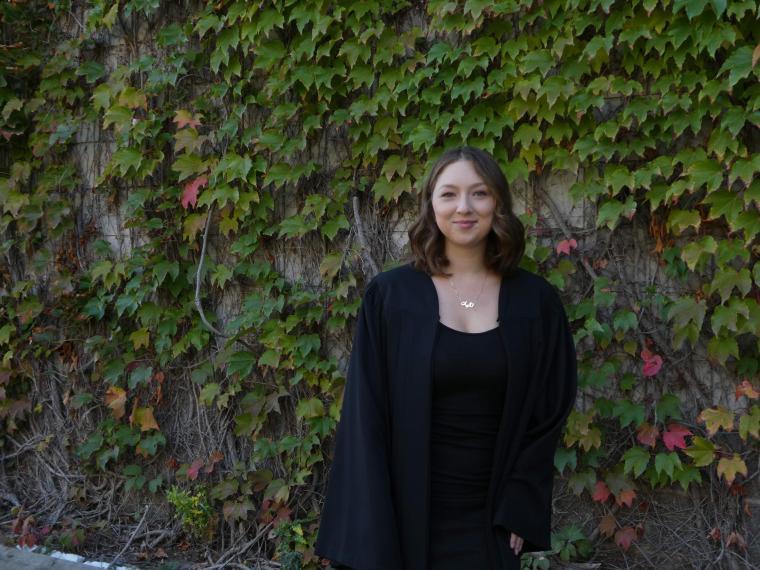Talyn Dowdall

Year Graduated: 2022
Area of Emphasis: Political Economy and Administrative Change
Most Recent Employment Role: Resource Mobilization and Partnerships Fellow with Youth Challenge International in Zanzibar, Tanzania
What would an average day in your current role look like?
“My role was specific to one of [Youth Challenge International’s] partner organizations, which was called the Practical Permaculture Institute of Zanzibar, or PPIZ for short. Sometimes I would go directly to their workspace, which was an outdoor office located near their gardens and local parter farm. I conducted some interviews with the staff members at PPIZ, and we then went over the information from the interviews to determine what the overall needs of the organization were and what next steps would need to be taken to get them to their goals. Otherwise, I was in the YCI office. The program YCI was focused on in Zanzibar was HerStart, which facilitated programming and grants to women starting social enterprises in the region. So, there were some days where I would work directly with the women in the programming. There was a language barrier, they were mostly Swahili speaking and I’m not, unfortunately. So, some of the local staff were able to speak both languages and help translate. There were some days that the women who were receiving grants would come in and the local staff would help translate to us what their general business plan and ideas were and then we would help facilitate a discussion about what business model might work best for them and why.”
How was your IDS degree useful or helpful in your role?
“I mean in terms of soft skills I think there’s a lot. Because of lockdown due to the COVID-19 pandemic in the later part of my time at Guelph, I didn’t get the chance to do international work within my program. But even still, there were a lot of courses that prepared me for some of the skills I would need to work internationally. I know there were certain courses that really focused on cross-cultural communication and more deeply understanding the difference between different cultures […] Things like that, I think, really helped me in my role because off the bat, I was able to understand why the things that were happening were happening […] In terms of hard skills, I had practice data coding […] taking in answers from interviews and coding for specific themes. I also had experience working with non-governmental organizations through some of the programs experiential learning options, which allowed me to gain an understanding of organizational structures, values, and some of the ways to move past barriers with international programmes. I think my IDS degree just generally improved my writing skills as well. I had a lot of practice essay writing and writing different styles of reports, which is always useful.”